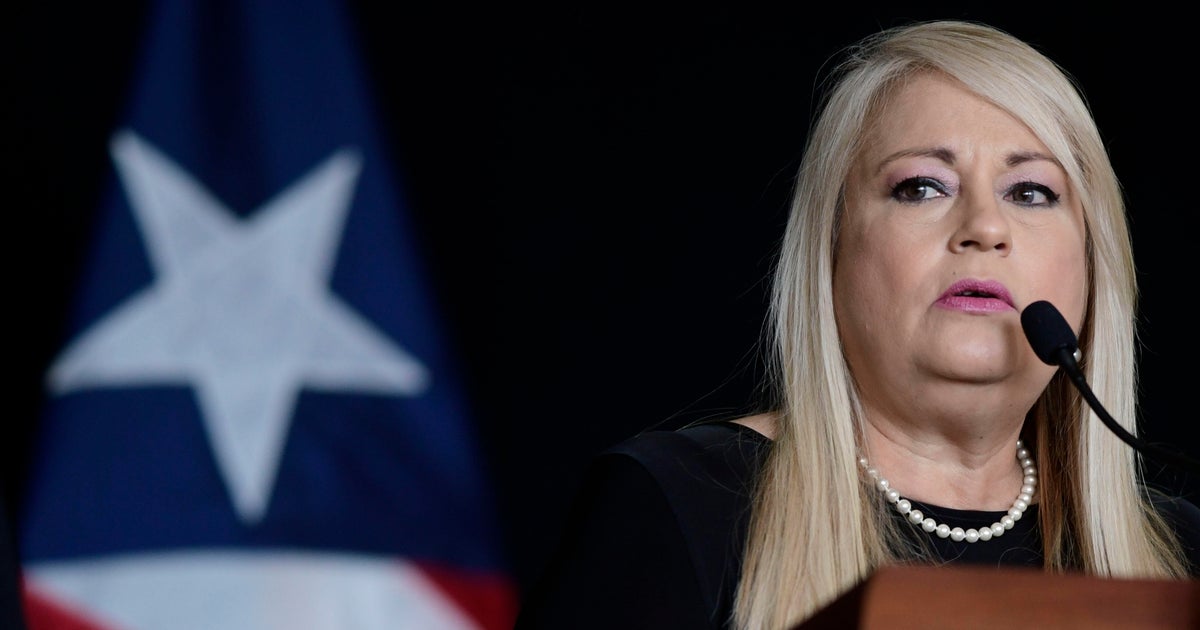DOJ pushes Congress to permanently close loophole for knock-off fentanyl
The Department of Justice is calling on Congress to enact into law a temporary order from the Drug Enforcement Administration (DEA) classifying fentanyl-like drugs as controlled substances. The 2018 order, which closed a legal loophole in U.S. drug laws that make Americans vulnerable to what are essentially knock-off versions of the opioid, was imposed on an emergency basis for two years and is set to expire in February 2020.
The drugs were previously able to dodge federal law due to their chemical makeup, which has slight modifications from the fentanyl compound. Fentanyl, a synthetic opioid, is about 100 times stronger than morphine, and its analogues can be even more potent.
"From a policy and regulatory perspective, fentanyl-like substances need to be permanently scheduled as a class," said Katie Crytzer, the acting deputy assistant attorney general in the Office of Legal Policy at the Department of Justice. At a briefing with reporters Monday, she called the classification an "urgent and necessary first step."
John Martin, assistant administrator at the DEA, cited statistics from the Centers for Disease Control and Prevention showing more than 70,000 people died from drug overdoses in 2017. Nearly 48,000 of those deaths were caused by opioids, with approximately 29,000 stemming from use of fentanyl or fentanyl-like substances, Martin said.
If the government's current order expires without a plan in place to set permanent controls, Crytzer said, "the department, its prosecutors and law enforcement would enter relatively unknown territory." Crytzer said a lapse could have a serious impact on any ongoing or impending prosecutions.
According to the Executive Office for United States Attorneys, there were 863 federal defendants in fiscal year 2018 whose principal charge was related to fentanyl. However, the office only began including fentanyl analogues in their tracking as of October 2018.
The illicit substances are engineered to skirt and exploit gaps in U.S. drug laws, and largely enter the U.S. from foreign sources like Chinese criminal organizations, Mexican cartels and other traffickers. Officials say the analogues coming in from China are more potent, but traffickers from Mexico bring larger quantities of the drugs into the country.
"I can personally tell you how savvy these drug traffickers are," said Amanda Liskamm, director of opioid enforcement and prevention efforts in the deputy attorney general's office. "When there is a gap in U.S. law they take full advantage of it, which results in more drugs and more deaths."
Officials say the 2018 order has led to a "significant decrease" of fentanyl-like substances on the streets, and law enforcement is hoping that a more permanent continuation of the blanket classification will keep it that way. They noted that since the temporary emergency order has been in effect, law enforcement has only encountered three new fentanyl-related substances. Before the order, there were new analogues being discovered on a monthly basis.
Although Congress has been vocal on working to curb the opioid epidemic, they have yet to mark up the Stopping Overdoses of Fentanyl Analogues Act, or SOFA Act, which would permanently close this particular gap. Some hesitancy stems from concerns about how blanket scheduling could affect researchers, but Martin said that DOJ and DEA are working on an intergovernmental solution that benefits the researchers.
"They have some concerns but from where I'm standing, or sitting, I think we're trying to eliminate I guess the perception out there in the research community that it's going to be a hindrance for them to conduct research," Martin said. "We absolutely don't want that perception to be there."





